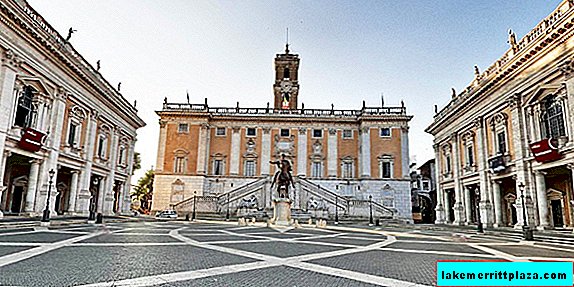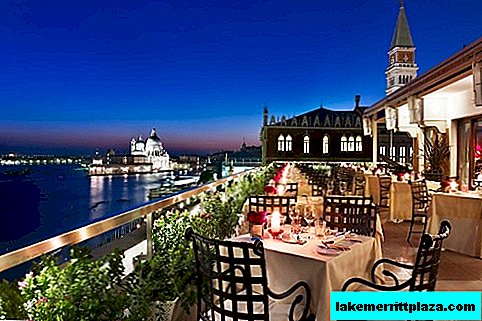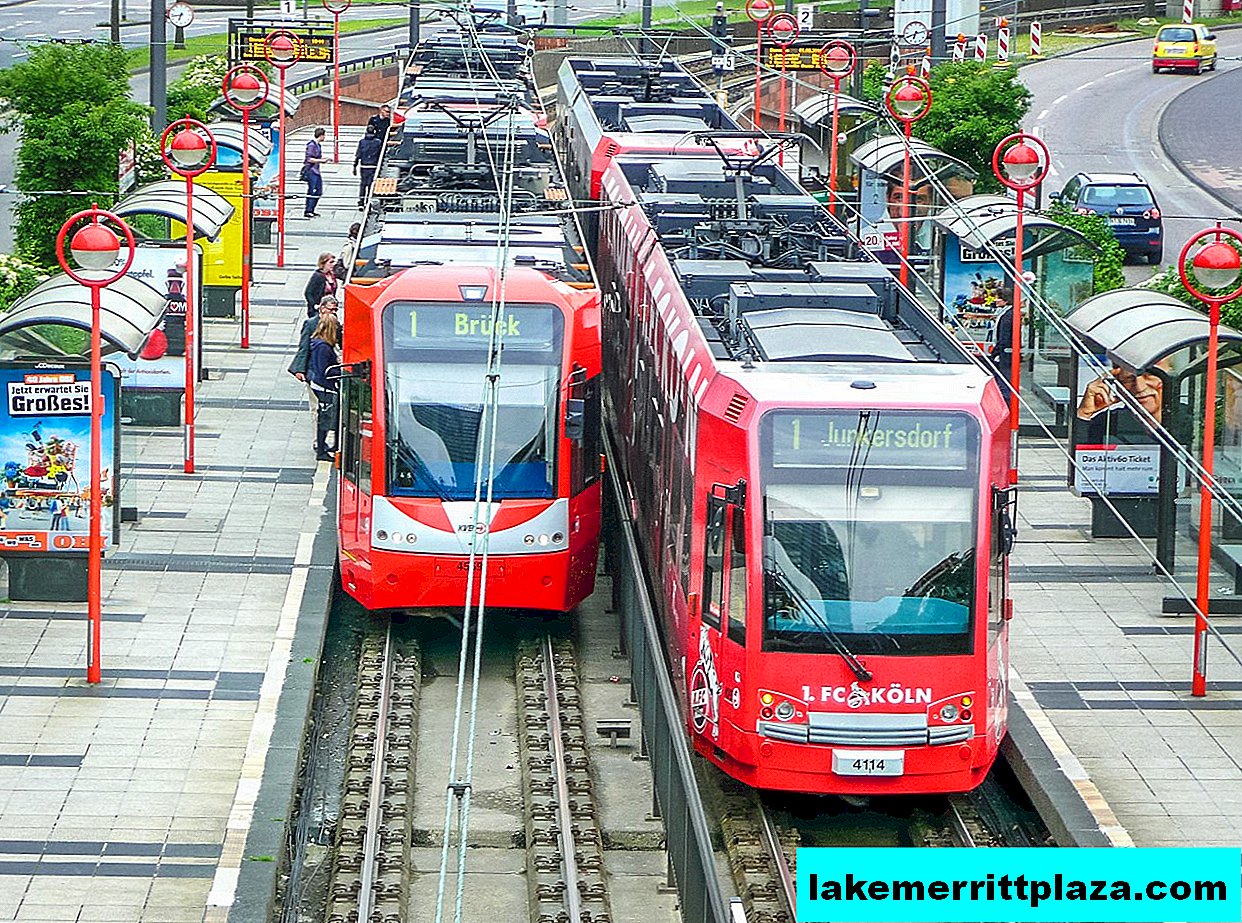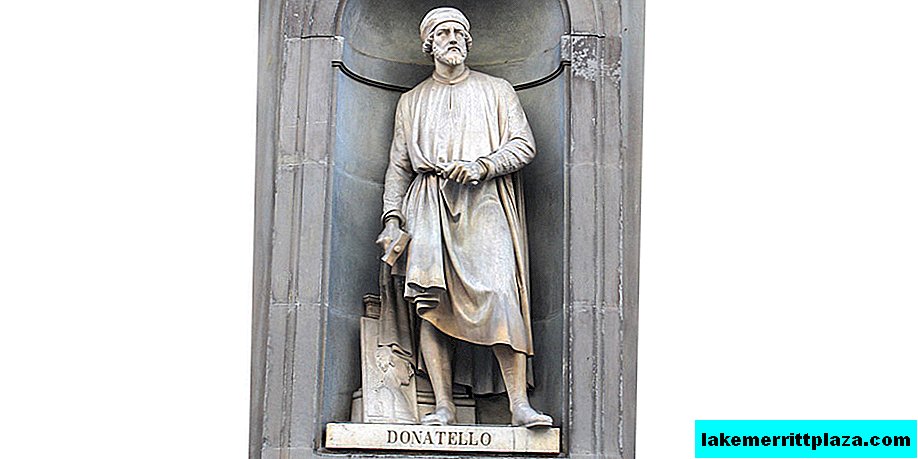Each of us, going to go to a new country for ourselves, is trying to find out more about it: a tourist has many questions about what is definitely worth a look, try, do ... And tourist guides give a lot of practical (and not so) advice on this . For this, by the way, BlogoItaliano was invented. But today we decided to take a break and talk about what is NOT worth doing in Italy.
Don't get attached to traditional hiking trails
Many travelers returning from trips often complain about crowds of tourists at airports and museums, squares and popular attractions. You can avoid this, you just have to turn off the beaten tourist routes and go on an independent trip around the country. After all, Italy is not only Rome, Venice, Milan and Naples, Italy is also many other places, no less interesting and also worthy of attention.
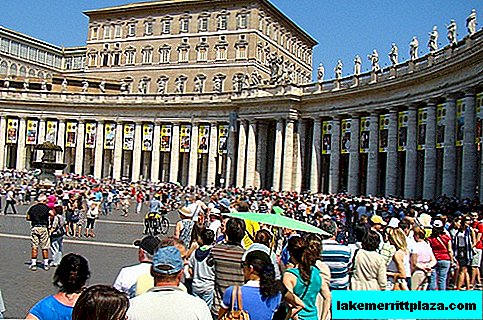
Returning from Italy, many complain about the crowds of tourists
In Italy there are a great many corners, not spoiled by the flow of tourists, but this is no less attractive and interesting. These are ancient fortresses, and castles, and small towns, enchanting with their provincial immediacy, and many villages that still live their own, centuries-old life. In the hinterland of the trails you have a much greater chance of getting to know this Italy, feel its magical appeal, learn more about local traditions and customs, because real pearls are most often hidden from prying eyes.
Put aside the guides and follow your intuition: for sure it will lead you to interesting places where the tourist’s foot has not stepped. If popular trodden routes are sweeter to you, then it’s a sin to complain about crowds, queues and vanity.
Avoid restaurants that translate menus into 14 languages :)
You may have heard tourists complain about tasteless food in Italian restaurants. Yes, sometimes this happens: even in the homeland of the famous cuisine there are not very conscientious restaurateurs who believe that cooking is just a way to earn money. And where can you earn more than getting in the way of tourist flow at famous sights? Therefore among what you should not do in Italy, it certainly makes sense to highlight walking in restaurants adjacent to popular tourist destinations. It is better to look at the small cafes that are visited by the local "natives", they probably know better.

It’s not necessary to know the language to eat in Italy
To eat well in Italy, it is not necessary to be fluent in the language. It is enough to take a phrasebook with you to the restaurant, with the help of which you will talk to the waiter or get to know our section on Italian cuisine fluently. And do not hesitate to ask if something is not clear to you: it is better to ask again several times than there is something incomprehensible and it is not known what has been prepared.
Not a single tourist has yet been prevented by a little curiosity and attentiveness. Take a closer look at the products that are sold in the markets to find out which fish are currently being traded or which vegetables and fruits are the freshest this season, and then look in the menu for dishes made specifically from them.
Do not say Chao to everyone you meet
The Italians are one of the most sociable nations in the world, and therefore, even with a very superficial knowledge of the language, you have every chance to understand each other. You should not assume, however, that if you know the words "spaghetti" or "ciao," you can easily communicate with any Italian, although the latter appreciate the efforts of foreigners to delve into the basics of local literature. Use Italian words with caution, since their meanings can be very contradictory.

Take a look at products in Italy
For example, the popular word "ciao", considered a traditional Italian greeting, is far from harmless. It is really used by Italians both at a meeting and at parting, but only with close informal relations. What you should not do in Italy, so it is to use the word "ciao" everywhere. For example, the older generation of Italians generally has a mixed attitude to Chao, so it is better to avoid it so as not to seem impolite and ill-bred foreigner.

